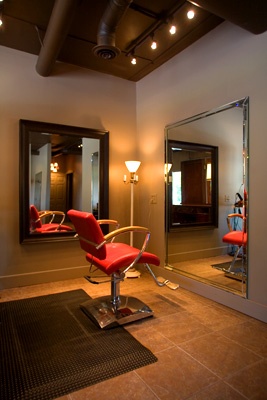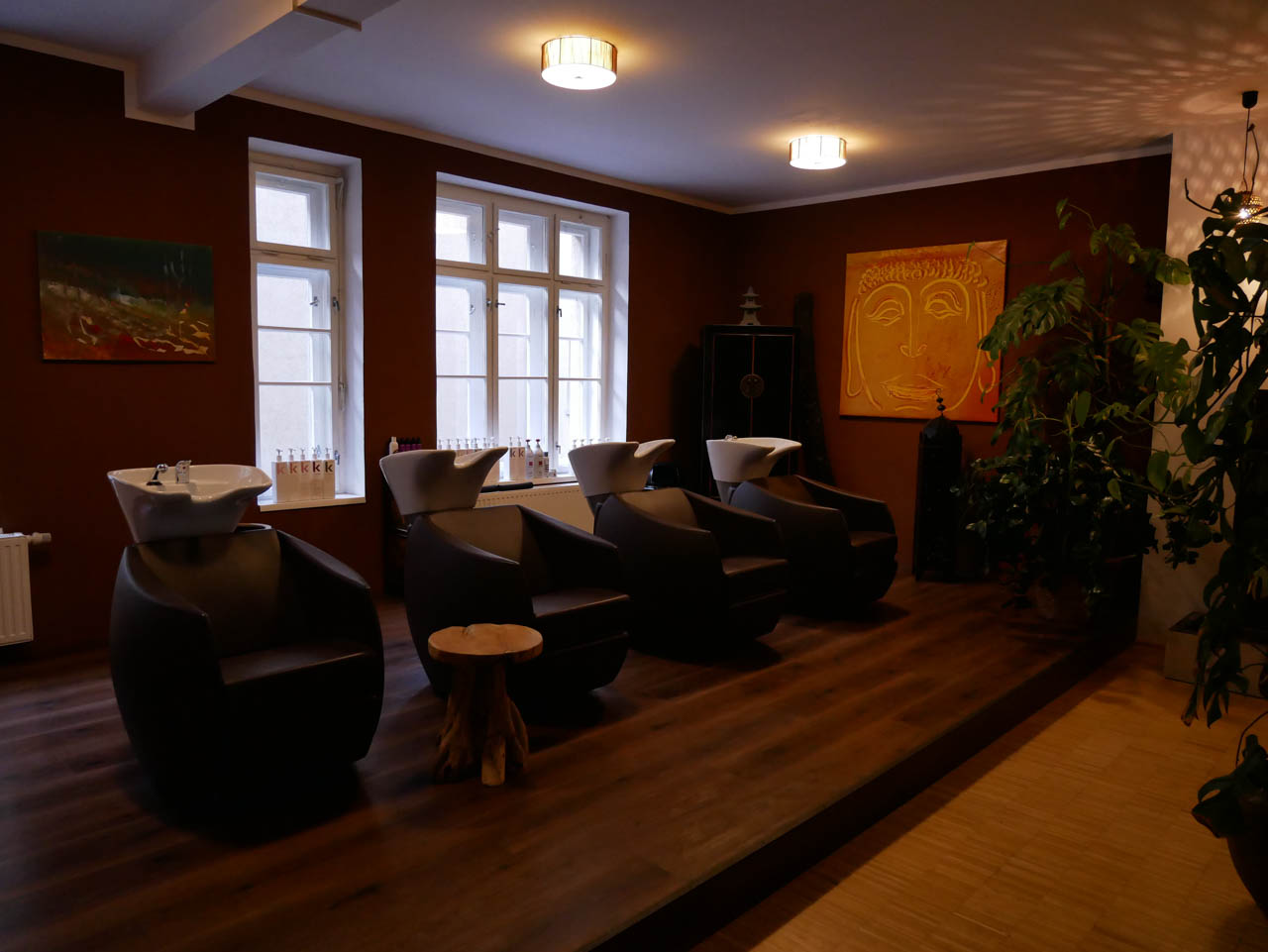

For the next five years, Gumby hosted parties, performances, exhibitions, and receptions for nearly every literary and artistic figure of the Harlem Renaissance. The studio officially opened in 1926 and was furnished with bookshelves lining the walls, a grand piano, and Persian carpets. 20K sq ft indoor & outdoor amenities, fitness center, pool, private laundry & parking, on-site retail. Gumby envisioned the studio as part workspace, part exhibition space, and part artistic and literary salon. Spacious apartments at Woodbridge Train Station. Newman, a financier and sometime romantic partner, assisted with financial support.
#STUDIO ONE SALON WINDOWS#
Gumby therefore played an early and significant role in preserving and disseminating African-American history.īy 1925, his 2-½ room apartment in this rowhouse became so crowded that he leased the entire second-floor unpartitioned office with large windows overlooking the street. The relaxing shampoo lounge, private styling area and reception lounge all boast the natural warmth of soothing earth tones that enhance the salon and spa’s creative reflective atmosphere that appeals to both men.


His life-long, self-described “obsession” with creating scrapbooks resulted in his famed collection of rare books, manuscripts, and volumes of photographs, pamphlets, artwork, clippings, and ephemera of Black culture. The spacious salon area with ten styling stations is washed in natural sunlight that reflects your best features. Our stylists are made up of Redken Master Haircolorists which simply means theyve been trained by the best educators. He is known for two main achievements: compiling over 150 scrapbooks that record African-American history from the 19th to the mid-20th centuries and operating the well-known Gumby Book Studio. In 1904, collector, archivist, historian, and social personality Alexander Gumby (full name Levi Sandy Alexander Gumby 1885-1961) moved from Maryland to Harlem, where he remained for the rest of his life.


 0 kommentar(er)
0 kommentar(er)
